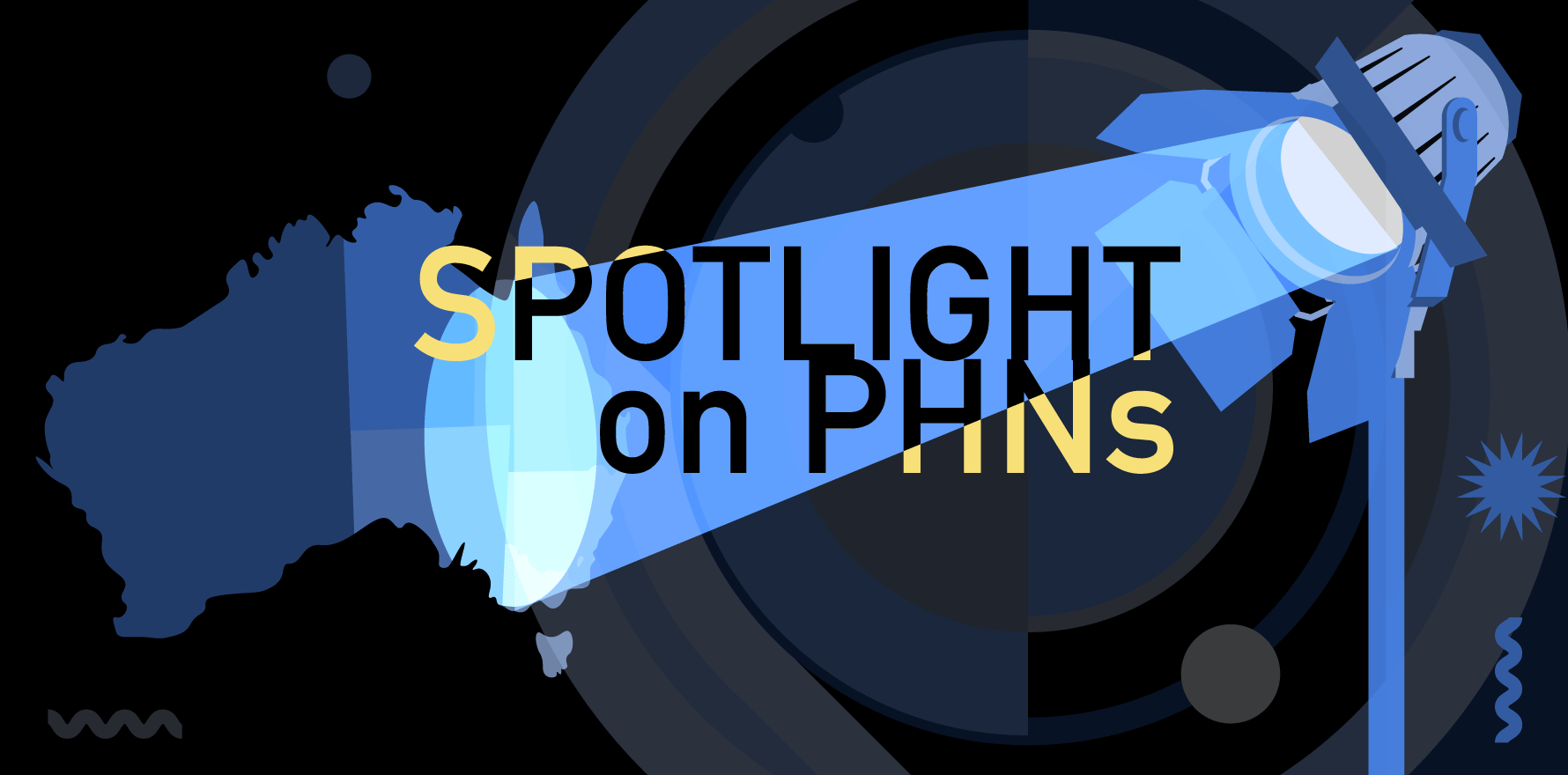But that won’t stop Western Queensland PHN’s CEO from fighting to improve healthcare access and equity.
Improving access to and equity of health services for First Nations people is like “trying to turn the Titanic”, according to the CEO of one of Queensland’s biggest PHNs.
Covering more than half of Queensland, Western Queensland PHN services the most remote country in Australia, with only one person per 13 square kilometres, and First Nations people making up 17.2% of the population, well above the state average of 4%.
For CEO Sandy Gillies, a proud Indigenous woman herself, improving health equity is a lifelong commitment.
“In bush culture, our word is our word — and I’ve given my word that we’ll see change in my lifetime,” she said in a wide-ranging conversation with Hospital + Healthcare.
Ms Gillies said legacy systems like policy and funding were so entrenched that it was like “trying to turn the Titanic”.
“With policy and funding mechanisms baked into the enamel, progress sometimes feels much slower than I would like it to be. We are dealing with finite resources and policies that sadly don’t cater for all postcodes equally,” she said.
“But no matter how monumental the task, we won’t stop our quest to increase services in the physical and mental health space and bring health outcomes for disadvantaged postcodes on par with that of metropolitan areas.”
Value-based healthcare is a long-term goal for WQPHN, no matter how long it takes.
“It will take a generation, but we need to change the levers at the top and define what policy and funding might look like when filling in the gaps of the current system,” Ms Gillies was quoted as saying.
“I’m confident that our work with communities is putting us on the right path.
“We are having conversations about how we can shift the dial from outputs to outcomes and it’s informed by the very people we serve. That’s the basis of the Healthy Outback Communities initiative we are currently trialling in remote Western Queensland.
“In remote communities, we all look after each other — and in that way, we have the groundwork to make value-based care a success. That said, we do have some challenges.
“In value-based care, you are treating the entire person, not just the disease. And that becomes incredibly difficult if people aren’t connected to their wellbeing, or if they are treated unfairly by the system.
“When that happens, we tend to see poor compliance with medication and GP attendance.”
Western Victoria PHN
WVPHN is implementing a placement-based program for public health graduate research students to complete training with its organisation, as part of its strategic research framework.
The first student placement has gone to Srishti Antil, a health economist and Master’s student.
“I am currently engaged in a fascinating project with WVPHN [which] aims to refine data collection methodologies in primary care,” she said.
“Our goal is to identify strategies to reduce gaps in general practice data, which is crucial for the accurate mapping of chronic diseases and improving the efficacy of quality improvement programs.
“This opportunity to collaborate with WVPHN is incredibly exciting, as it allows me to apply my extensive academic and professional experiences to real-world challenges, directly influencing the landscape of healthcare delivery and management.”
Anyone interested in learning more about research placements with WVPHN can contact the Health Intelligence Team: health.intelligence@westvicphn.com.au.
Hunter New England and Central Coast PHN
HNECCPHN has released a report called “Disaster and Emergency Management Achievement & Successes” detailing the range of activities and resources developed and implemented by the PHN’s disaster management team during 2022-23.
The report also identifies the significant working collaborations developed with the region’s LHDs, local councils and neighbouring PHNs in order to share learning, distil locally relevant information and advocate for the needs of the primary care sector across the region.
The DMT was instrumental in the development of the PHN’s Summer Hazards Campaign that raised awareness of the heatwaves, drought, and increased bushfire risk expected to accompany this summer season, and offered strategies on how to prepare for their impact.
The PHN will continue to develop tailored resources for provider preparedness and play an active role in the local disaster management community.
Besides promoting disaster preparedness, the PHN is engaged in delivering provider support in the response phase during active events and to disaster affected providers and communities to recover from events through stakeholder liaison, grants, and community initiatives.






